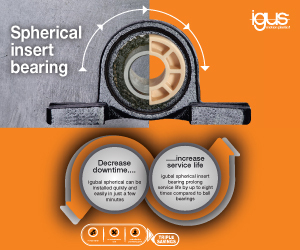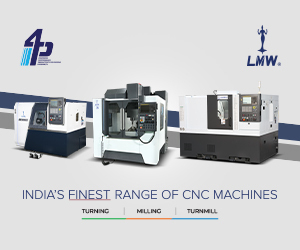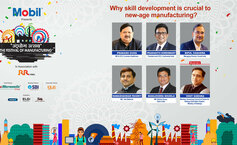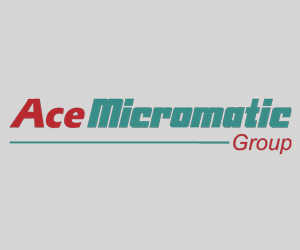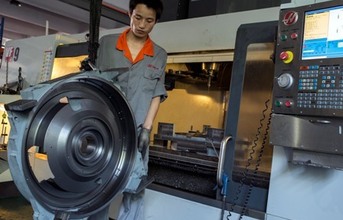
Associated Tools, a Kolkata based Indian manufacturing company, uses BFW, LMW and Hurco machine tools, each one fitted with Renishaw touch trigger inspection probes and tool setting systems, for supplying products to the defence industry. Since adopting the machine tool probes, Associated Tools have benefited from an elimination of component rejections, and a 66 percent reduction in tooling set up times.
The demand for the production of defence components is growing by the day in India, and by their very nature, precision manufacture of these components is critical. HJ Bishnu, now Director of Associated Tools, took on the responsibility for the manufacturing unit in 2005 and filled the company's workshop with the very latest manufacturing technology, including LMW, BFW and Hurco CNC machine tools - all equipped with a variety of Renishaw touch trigger probes and tool setters.
Investing only in machines was not enough
However, when he first took charge, there were various issues surrounding the production techniques. Bishnu recalls, "After investing so much in CNC machines, we were still facing problems with slow machining cycle times, setup idle times, inconsistencies in quality and operator errors."
Initially in 2005, the process for loading components required manual indexing and a manual dialling system with nine indexing positions. Each manual indexing process took around 45 minutes. This, followed by a further 30 minutes while the machine checked the position, made the set up a slow and inefficient process. In addition, the result of manual indexing and operator errors means that the inconsistency in quality was five percent and the rejection rate 1.5 percent.
The tool setting process was also manual, which again contributed to time delays each time a new tool was set. Before long, Bishnu, a BTech graduate from the Haldia Institute of Technology, realised that investment in CNC machine technology alone was not enough. He had visited Seco, Pune, and had seen firsthand the benefits of Renishaw's touch trigger and tool setting probes, and decided they would have a great impact on his own machining process.












